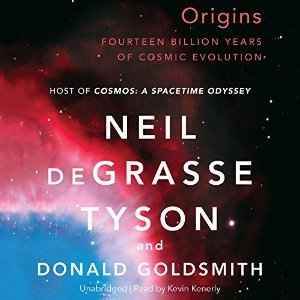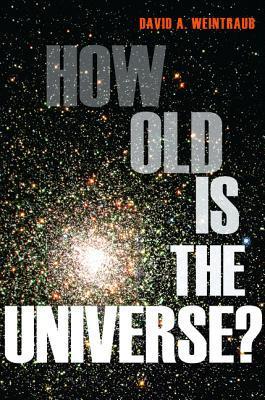
Big Bang: The Origin of the Universe
Book Description
From the explosive moment of creation to the cosmic dance of galaxies, the universe's story unfolds in breathtaking splendor. Simon Singh takes readers on a thrilling journey through time, unraveling the mysteries of the Big Bang with captivating clarity. Witness the fierce debates between scientists who dared to challenge the status quo and the groundbreaking discoveries that reshaped our understanding of existence. Feel the awe and wonder as the fabric of reality is woven together, provoking thoughts about life, the cosmos, and our place within it. What secrets lie in the depths of the universe, just waiting to be discovered?
Quick Book Summary
Simon Singh’s "Big Bang: The Origin of the Universe" offers an accessible, enthralling exploration of the most profound scientific concept: the universe’s explosive creation and its consequences. Singh traces the Big Bang theory’s evolution from ancient philosophical musings about the cosmos to the modern scientific consensus shaped by empirical discovery. The book details the collaborative and sometimes contentious journey of scientists such as Hubble, Einstein, Hoyle, and Lemaitre, whose debates and ideas redefined our picture of the cosmos. Singh deftly explains the evidence—cosmic background radiation, galactic movement, and the elemental makeup of the universe—showing how cumulative discoveries overturned old models and supported the Big Bang theory. The narrative ultimately inspires curiosity about our origins and the ongoing quest to decode the universe’s deepest mysteries.
Summary of Key Ideas
Table of Contents
Historical Evolution of Cosmological Thought
The story of the Big Bang theory began long before the modern era, with ancient thinkers pondering the nature of the cosmos. Early cosmological ideas, drawn from mythology and philosophy, imagined a static and eternal universe. As scientific methods evolved, so did our understanding, culminating in the revolutionary suggestion that the universe had a beginning. This new vision gained traction in the twentieth century, transforming the field of cosmology and challenging humanity’s place in the cosmos.
Scientific Evidence Supporting the Big Bang
Scientific progress accelerated with the advent of powerful telescopes and breakthroughs in physics. Edwin Hubble’s observations in the 1920s revealed that galaxies were receding from us, implying a dynamic, expanding universe. Subsequent discoveries, such as the cosmic microwave background radiation and the distribution of light elements, provided strong, interlocking evidence for the Big Bang. These observations systematically dismantled the previously accepted notion of a static universe, establishing the Big Bang as the cornerstone of modern cosmology.
Rival Theories and Scientific Debate
The development of the Big Bang theory was not without controversy. Competing ideas, such as Fred Hoyle’s steady state model—which posited a continually renewing universe—provoked fierce scholarly debate. Singh details how rival theories drove scientists to refine their experiments and clarify their hypotheses, pushing the community toward a more comprehensive understanding of cosmology. The eventual accumulation of empirical evidence favored the Big Bang, but the process illuminated the messy, human side of scientific progress.
Key Personalities and Their Contributions
Integral to the journey were the visionary scientists whose insights propelled the field forward. Georges Lemaitre, an early advocate for a universe with a temporal beginning, synthesized relativity and cosmology. Albert Einstein’s general relativity provided a mathematical framework, while Hubble, Penzias, Wilson, and many others supplied the observational proof needed to validate theoretical models. The interplay of egos, collaboration, and perseverance enriched the scientific narrative and demonstrated the importance of collective effort in unraveling cosmic mysteries.
Ongoing Mysteries and the Future of Cosmology
Even as the Big Bang theory matured into scientific consensus, new questions emerged. What happened at the moment of the singularity? What lies beyond the observable universe? Singh closes by exploring current and future inquiries, such as dark matter, dark energy, and theories of cosmic inflation. He encourages readers to appreciate both how much we have learned and how many secrets the universe continues to guard, leaving us with a sense of awe and the drive to further our exploration of the cosmos.
Download This Summary
Get a free PDF of this summary instantly — no email required.





